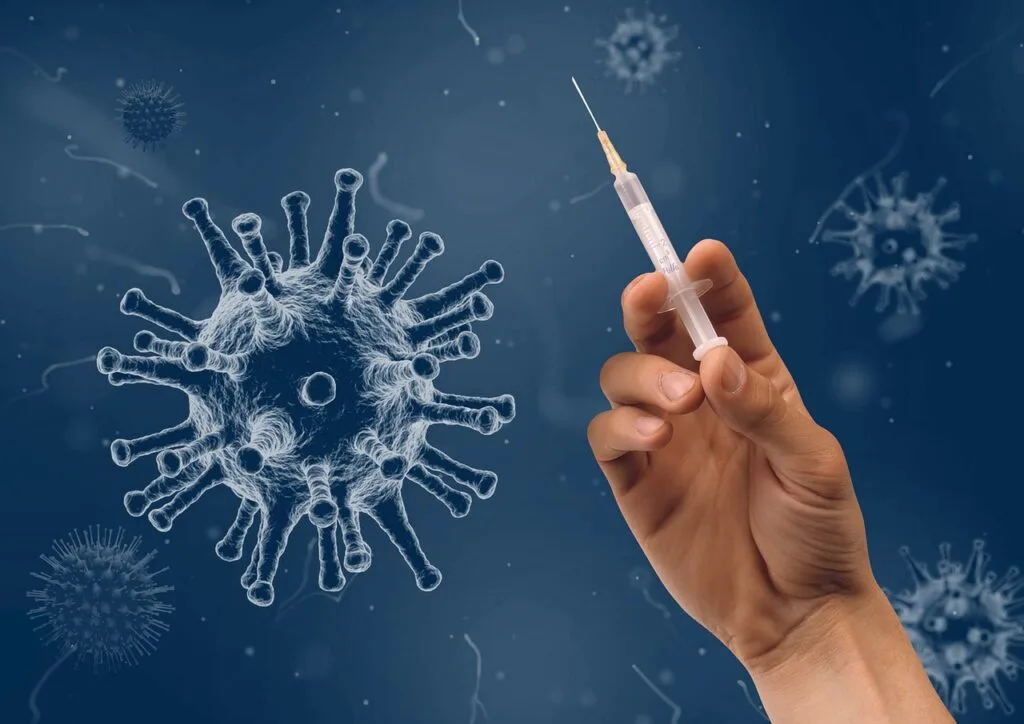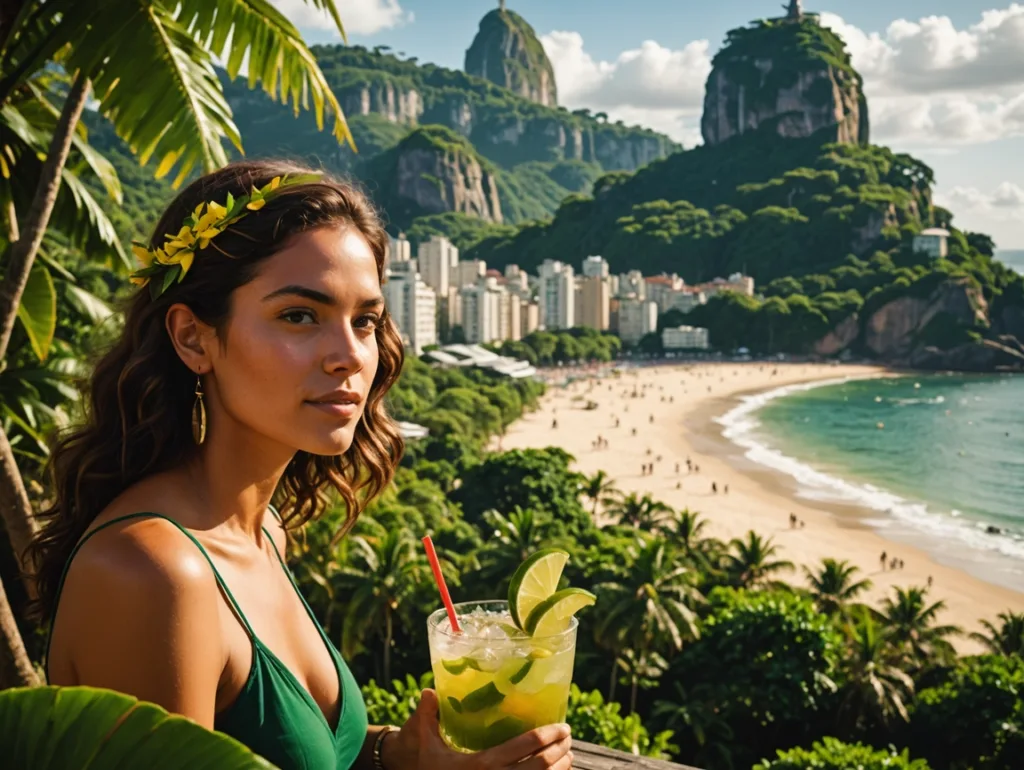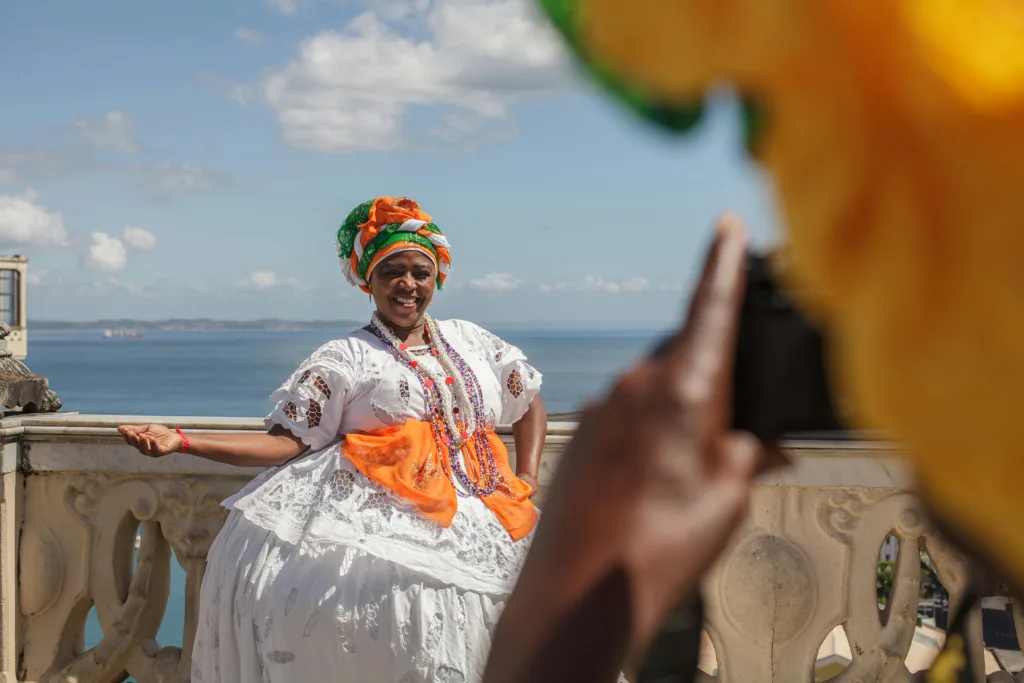Traveling to Brazil means stepping into a land of vast landscapes, vibrant cities, and cultural experiences like nowhere else on earth. From the Amazon rainforest to the beaches of Bahia, the Pantanal wetlands to the street festivals of Rio de Janeiro, every corner of the country invites discovery.
But before boarding your flight, it’s essential to think about something that doesn’t usually appear on postcards: your health. Brazil is a tropical country, with climates ranging from humid rainforests to dry savannas and bustling megacities. That means travelers must consider which vaccines are recommended before visiting Brazil to ensure a safe and smooth trip.
Why Vaccines Are Important When Traveling to Brazil
Brazil is a country of contrasts. On one hand, you’ll find modern infrastructure, international airports, and world-class hospitals in major cities. On the other hand, vast rural areas and tropical climates create a higher risk of exposure to diseases that many visitors may not encounter in their home countries.

Getting vaccinated is not only a personal safety measure but also a way to prevent the spread of infectious diseases across borders. The World Health Organization (WHO) and the Centers for Disease Control and Prevention (CDC) both emphasize vaccination as a key step in international travel preparation.
In addition, some countries require proof of vaccination—especially for yellow fever—from travelers arriving from Brazil. Having your vaccinations updated ensures a stress-free journey both during and after your stay.
The Core Vaccines Recommended for Travel to Brazil
1. Yellow Fever
Yellow fever is a viral disease transmitted by mosquitoes, particularly in forested and rural areas. Brazil has reported outbreaks in past decades, especially in the Amazon Basin, Cerrado savannas, and parts of Minas Gerais and Bahia.
- Who should get it: All travelers over 9 months old heading to areas where yellow fever transmission occurs.
- Timing: Must be taken at least 10 days before entering Brazil.
- International requirement: Many countries require proof of vaccination for passengers arriving from Brazil. The International Certificate of Vaccination (ICVP) is recognized worldwide and should be carried with your passport.
Brazil has a long history of public health campaigns against yellow fever, which have dramatically reduced cases in urban centers. However, the virus still circulates in rural zones, making the vaccine the most important precaution for foreign visitors.
2. Hepatitis A
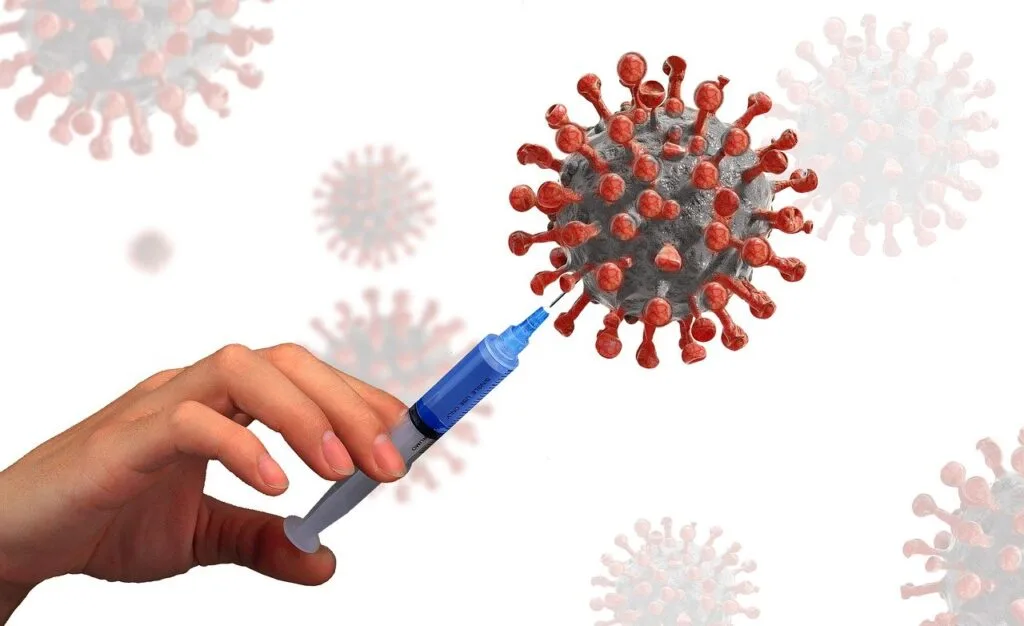
Hepatitis A is a liver infection spread through contaminated food or water. While sanitation in big cities such as São Paulo and Brasília is generally good, risks remain in smaller towns, rural villages, and when consuming street food or raw seafood along the coast.
- Why it matters: Brazil’s culinary culture is rich, from the acarajé in Salvador to fresh Amazonian river fish. The vaccine allows travelers to enjoy food adventures without worry.
- Who should get it: Recommended for all unvaccinated travelers over 1 year old.
3. Measles, Mumps, Rubella (MMR)
Brazil once achieved measles elimination status, but imported cases led to outbreaks in 2018–2020, particularly in São Paulo and northern states. Many of these cases were linked to unvaccinated travelers.
- Who should get it: All visitors should ensure they are fully immunized with two doses of MMR vaccine.
- Why it matters: Measles spreads quickly in crowded settings, such as Carnival parades, football matches, or music festivals.
4. DTP (Diphtheria, Tetanus, Pertussis)
The DTP vaccine (sometimes called DTaP or Tdap, depending on the formulation) is part of most childhood vaccination schedules.
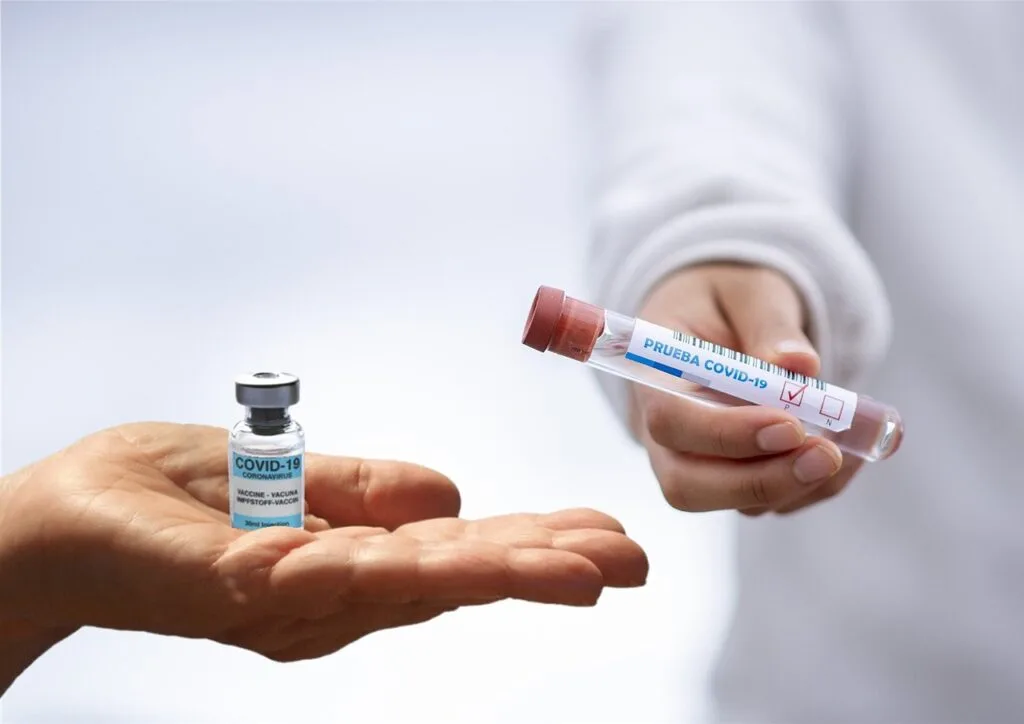
- Relevance in Brazil: Tetanus is a risk if you sustain cuts or injuries while hiking in the Pantanal, swimming in rivers, or working with rural communities.
- Who should get it: Adults should confirm that their last booster was within the past 10 years.
5. Influenza (Flu)
Brazil’s flu season occurs between April and September, coinciding with the Southern Hemisphere’s autumn and winter. In cities such as Curitiba, Porto Alegre, and São Paulo, flu outbreaks can affect large numbers of people.
- Why it matters: Airports, buses, and crowded events increase exposure. The flu shot helps prevent illness and keeps your trip uninterrupted.
- Who should get it: Strongly recommended for all travelers, especially children, seniors, and those with chronic health conditions.
Additional Considerations Depending on the Region
Brazil is the fifth largest country in the world, and health recommendations vary widely across its territory:
- Amazon Rainforest: In addition to yellow fever, travelers should consult doctors about malaria prophylaxis. No vaccine exists yet, but preventive medication can significantly reduce risks.
- Northeast Coast: Popular tourist spots like Recife, Fortaleza, and Salvador require attention to mosquito-borne illnesses such as dengue, chikungunya, and Zika. While no vaccines exist for most of these, protecting yourself with repellents and clothing is key. Hepatitis A vaccination is especially recommended here.
- Pantanal Wetlands: Known for jaguar safaris and birdwatching, the Pantanal requires strict mosquito protection and yellow fever vaccination. Routine vaccines should also be current.
- Southern Brazil: Regions such as Rio Grande do Sul and Santa Catarina experience cooler climates but still recommend flu and standard immunizations.
The International Certificate of Vaccination
The International Certificate of Vaccination or Prophylaxis (ICVP) is an official document recognized by WHO. It is mandatory for travelers coming from or transiting through areas where yellow fever is present, and many countries require it for those arriving from Brazil.
Travelers should request the certificate when receiving their yellow fever shot. Keep it with your passport to avoid delays at immigration checkpoints.
Health and Safety Tips Beyond Vaccination
- Plan ahead: Consult a travel medicine specialist at least 6–8 weeks before your trip.
- Carry records: Keep both digital and paper copies of vaccination documents.
- Prevent mosquito bites: Use repellent with DEET or picaridin, sleep under mosquito nets when needed, and wear lightweight long-sleeved clothing in forested areas.
- Stay hydrated: Brazil’s tropical climate can cause dehydration quickly.
- Health insurance: Ensure your travel insurance covers medical emergencies in Brazil.
Brazil’s Commitment to Public Health
Brazil is known for one of the largest public vaccination programs in the world, coordinated by the Sistema Único de Saúde (SUS). Campaigns such as the fight against polio in the 1980s and mass yellow fever immunizations highlight the country’s experience in protecting populations.
This means that visitors will find vaccines widely available at health posts, although it is always safer to complete vaccinations before departure.
Final Thoughts
Exploring Brazil is about much more than just destinations—it’s about people, culture, and the feeling of discovering something new every day. From dancing in Rio de Janeiro’s Carnival to watching wildlife in the Amazon or relaxing on the beaches of Florianópolis, your trip will be unforgettable.
Making sure your vaccinations are up to date is a simple step that allows you to enjoy all of this safely. It protects you, your fellow travelers, and the communities you’ll meet along the way.
Travel smart, stay healthy, and let Brazil open its doors to you.

